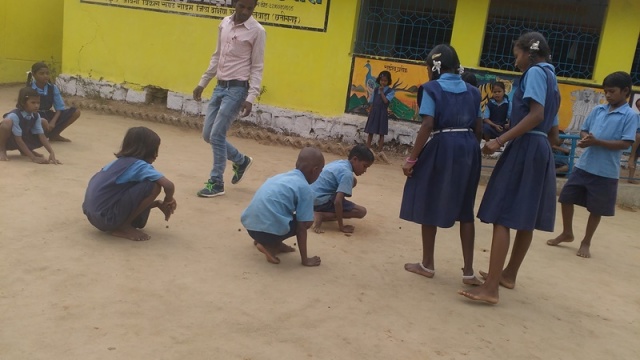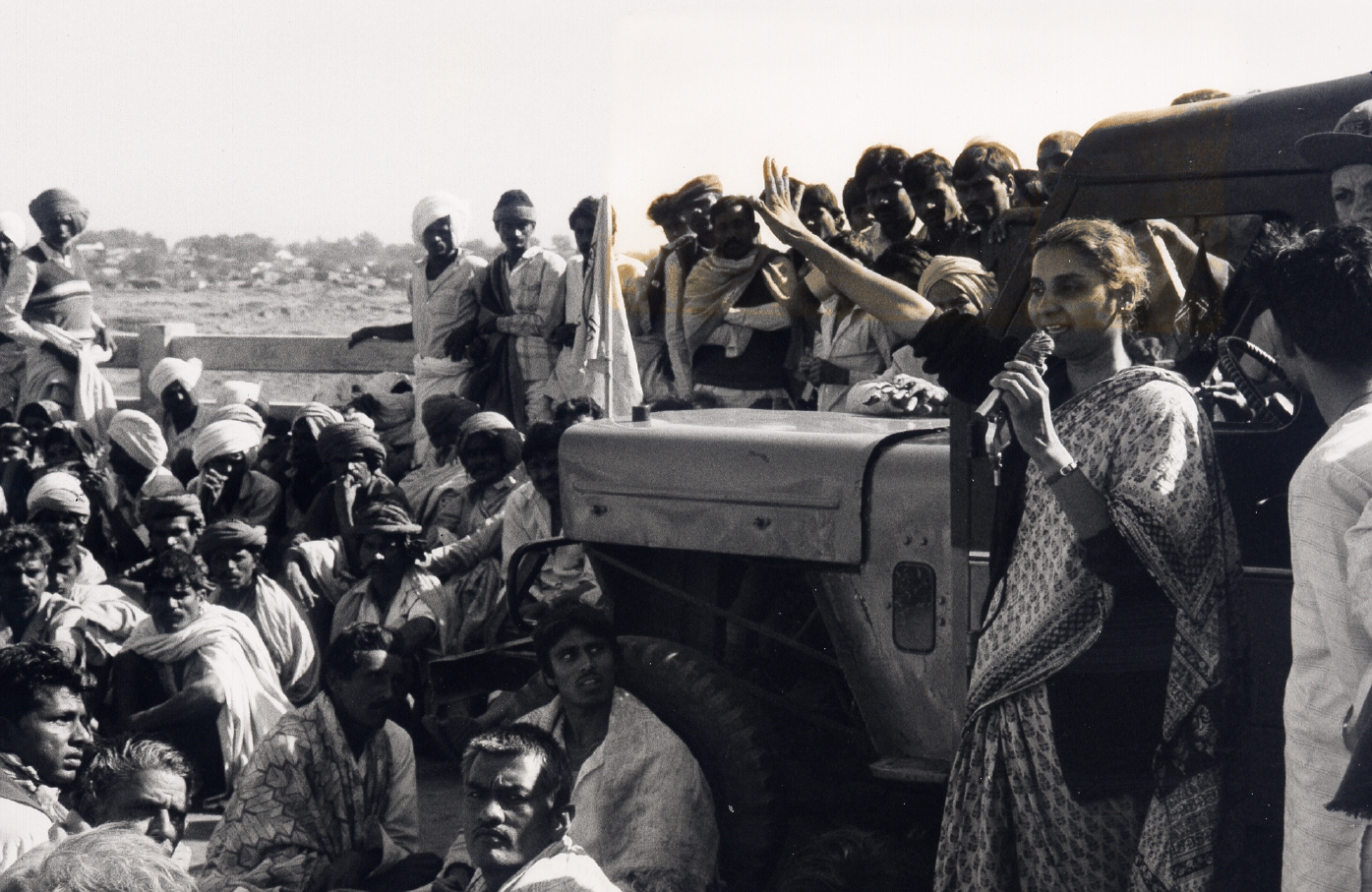74% of the Indian population is illiterate. No government lead policy will bear any fruit unless this important challenge is duly addressed. Are we prepared to make this our national priority?
Kavya Thomas | The New Leam
Illiteracy is a very major issue facing India. It has been estimated that India is home to every third person who is illiterate in the world. In India over 34% of the population is illiterate and the second largest is China which has 11% illiterate people.

The estimations are based on a survey which looks at four parameters based on 2001 statistics to arrive at the final Education for All Development Index. These include the net enrollment ratio at the primary level, adult literacy rate, proportion of students in school till Class 5 and the gender-specific index. It is also important that illiteracy must be addressed immediately because on it depend a host of other issues such as health, employment, sanitation and overall progress of the nation.
It is also worth noting that India has done the best in terms of the enrollment ratio — at 82.3%, which is close to the world average — ranking 94th, but performs extremely poorly on rest of the parameters. There has been a growth in India’s adult literacy ranking, from 121 last year to 105 this year however what we must note is that the adult literacy rate at 61.3% continues to be below the 76% average for developing countries and 81.7% global average. The survival to class 5 has actually gone down marginally to 61.2% from 62% last year, and is far below the global average of 83.3%.
The gender-specific index is an issue of debate.. The average years spent in school for boys, at 10 years, is close to the global norm (10.7 years) and the average for developing countries (10.1 years). But, for girls the figure drops to 7.9 years, which is far below the global average of 9.8 years. The above statistics display the level at which illiteracy has indeed become a major issue for the country and that unless we address it, any sort of other development in the country will only have partial impact.
Literacy and education empower people to stand on their own feet and devise modes of sustenance for themselves, in the absence if this basic training people suffer and a host of related concerns comes up. Removing illiteracy is therefore the thrust of Indian developmental agenda today and any political party that comes to power must see it as its utmost priority. Once education is widespread, it empowers people and solves the associated problems of poverty, malnutrition, disease and a host of related concerns to a great extent. It should thus be our national agenda.













